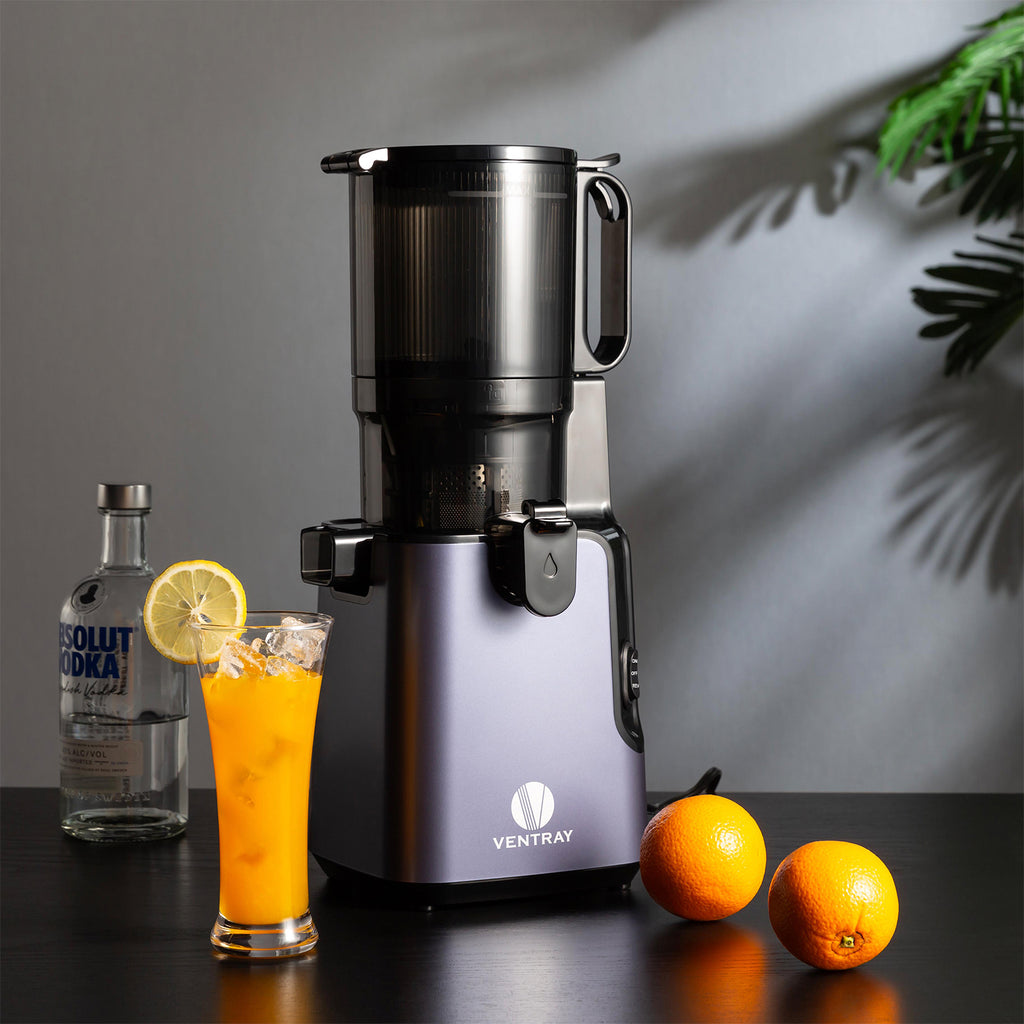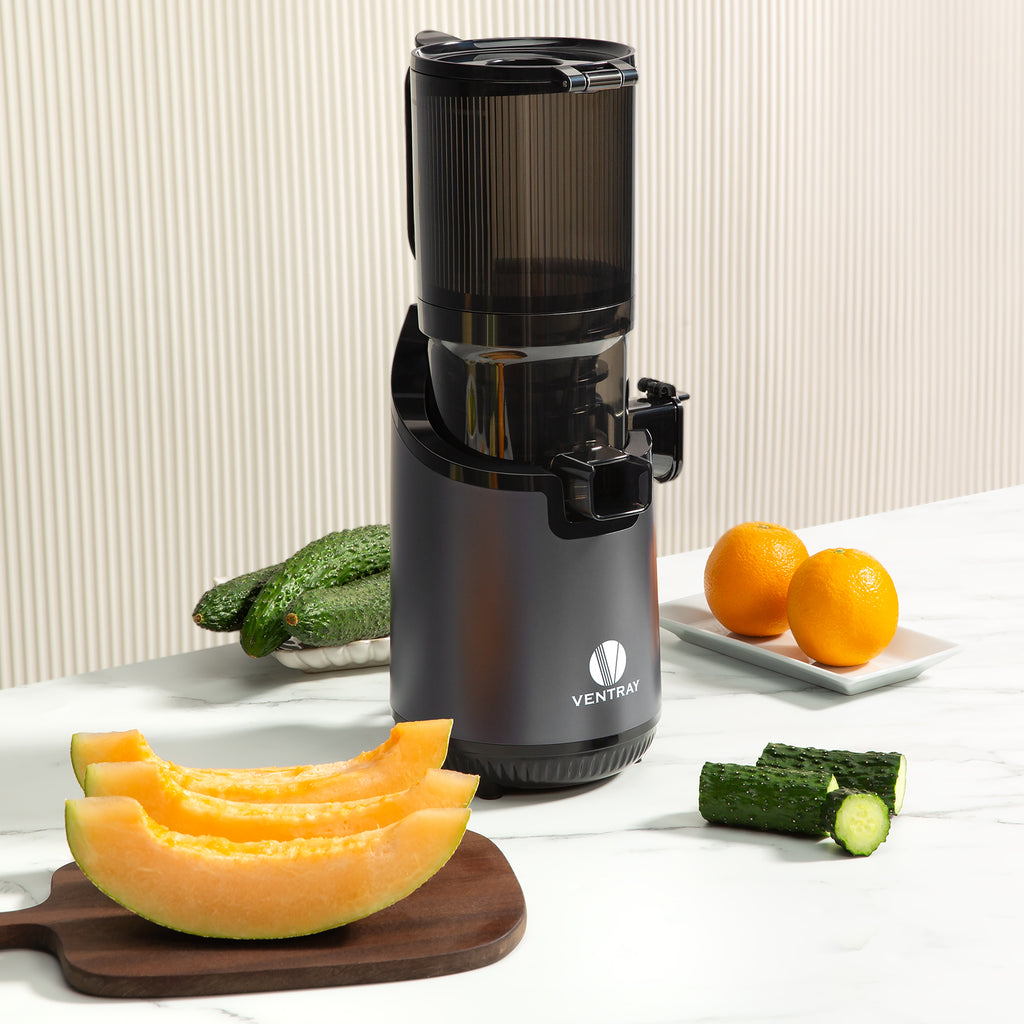Fresh Homemade Juice vs. Store-Bought Juice
I’ll never forget the first time I made orange juice at home. I was used to chugging the store-bought kind—you know, the one that lasts for weeks in the fridge and tastes… fine. But squeezing fresh oranges? Wow. It tasted like someone peeled the fruit and poured sunshine straight into my mouth.
That moment made me question everything. Why does store juice taste so… different? Is homemade really worth the hassle? Here’s what I learned after months of experimenting.
1. Taste Test: Fresh vs. Factory
Homemade juice made with a cold press juicer tastes alive. When I blend apples at home, it’s like biting into the fruit itself—no weird aftertaste. But store-bought juice? Even the "100% natural" ones lose something.
Winner: Homemade (if you care about flavor).
2. What’s Really Inside?
My homemade green juice: kale, apple, ginger, lemon. That’s it.
Typical store-bought green juice:
- Kale (good)
- Apple (okay)
- "Natural flavors" (what’s that?)
- Citric acid (to preserve it)
Winner: Homemade (unless you trust mystery ingredients).
3. Convenience: Let’s Be Real
Store juice wins here. Some mornings, I’m barely awake enough to pour cereal—forget washing a juicer. But here’s my hack: I make a big batch on Sundays and freeze some. Not as easy as grabbing a bottle, but close.
Winner: Store-bought (but homemade isn’t impossible).
4. Price Check
Homemade juice costs the price of fresh produce, which can vary depending on where you shop and what’s in season. Store-bought juice often seems comparable at first glance but may include less actual juice content (sometimes diluted or with additives).
Over time, making your own can save money, especially if you buy in bulk or use homegrown fruits and veggies. But time spent juicing is a factor too.
Winner: Tie (depends if you value time or cash more).
5. Health Stuff No One Talks About

- Sugar trap: Store juices often have more sugar than soda (seriously—check the labels!). Homemade version? Just fruit.
- Nutrient loss: Pasteurization kills germs… and some vitamins. Fresh juice has more vitamin C (until it oxidizes—drink it fast!).
Winner: Homemade (if you’re not lazy like me sometimes).
How long does homemade juice last compared to store-bought juice?
Homemade juice is best consumed within 24-48 hours when stored in an airtight container in the fridge to preserve nutrients and flavor. Store-bought juice, thanks to pasteurization and preservatives, can last weeks unopened and about a week after opening. For homemade, freezing in small batches can extend shelf life up to a month without significant nutrient loss.
What’s the environmental impact of homemade vs. store-bought juice?
Homemade juice can be kinder to the planet when using local, seasonal fruits and veggies, cutting down on packaging and long-haul shipping. Store-bought juice often comes in plastic bottles or cartons, adding to landfill waste.
What’s the deal with pulp—keep it or toss it?
Pulp from homemade juice can be strained out for a smooth, store-bought-like texture or kept for added fiber. Some choose to repurpose it, blending carrot pulp into muffins or apple pulp into smoothies for a zero-waste bonus. Store-bought juice avoids the pulp question entirely, as it’s typically pulp-free.
I still buy store juice when I’m traveling or feeling lazy. But for daily drinking? Homemade wins. It’s cheaper, healthier, and tastes like real fruit—because it is.


















